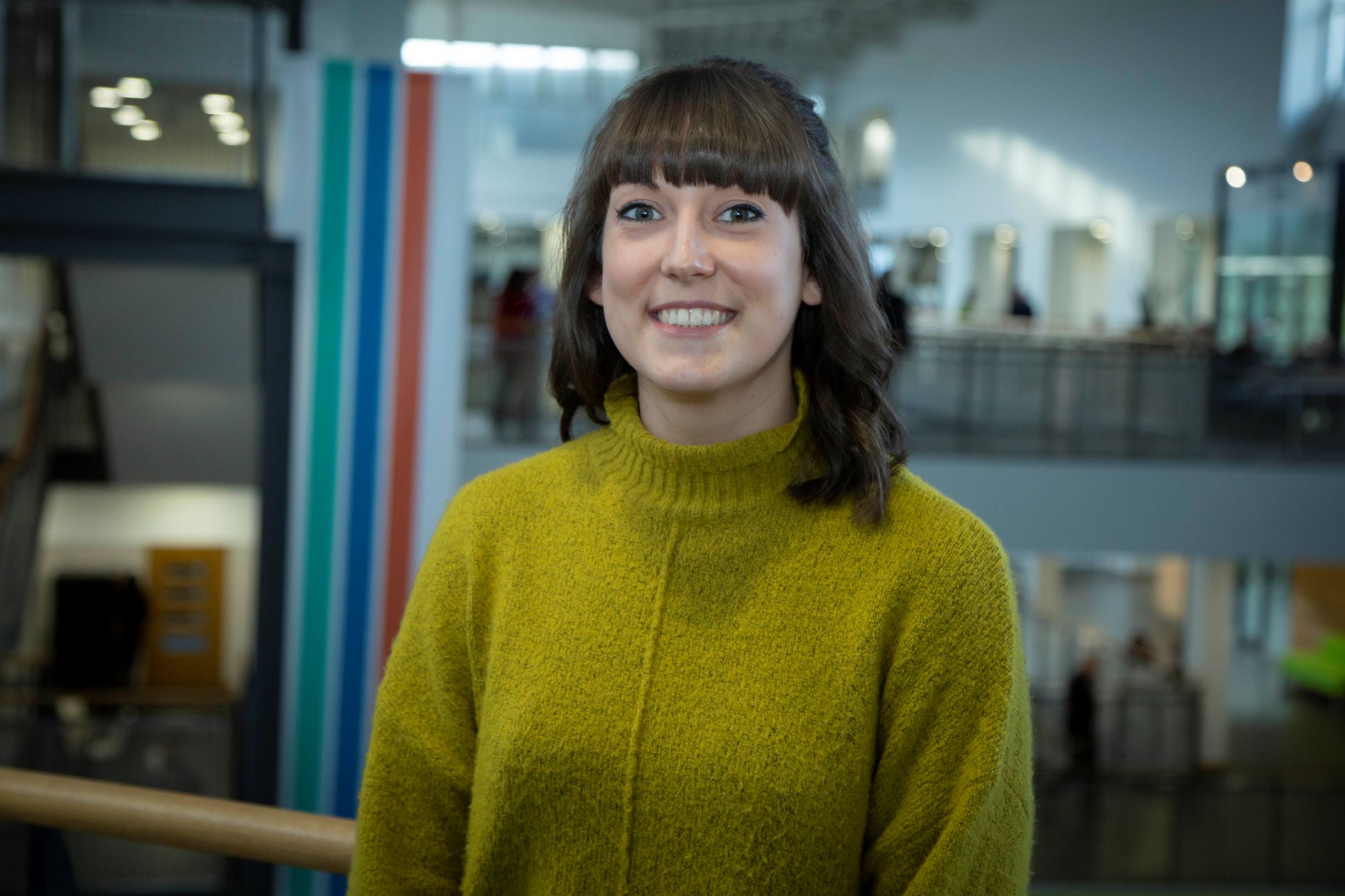I wanted an applied job where I was directly working with industry
Laura Dawkins, Statistical Scientific Consultant, discusses her career to date.

What do you do and why is it important?
I am a Statistical Scientific Consultant, working with industries such as energy and water, to help them understand how weather and climate affects their operations. For example, I am currently working with the energy sector to understand the risks and opportunities associated with extreme weather and climate change when designing the renewable UK energy system of the future. Understanding these weather and climate sensitivities is important as it allows these industries to take the necessary steps to ensure resilience, and ultimately keep the lights on and the taps running!
Tell us a bit about your career journey…
I did a Maths degree at the University of Bristol, during which I became increasingly interested in the way statistical modelling can be used to understand the risks associated with the natural world, such as extreme weather. This interest lead me to apply for a summer placement at the Met Office, the summer after graduating, which gave me my first taste of research and using maths to solve real world problems - which I really enjoyed!
I then went on to complete a PhD at the University of Exeter in a similar field, using statistical modelling to understand which characteristics of extreme European windstorms cause the most damage. Afterwards, I stayed on at the University of Exeter as a postdoctoral researcher in environmental and societal statistics for a few years, undertaking a number of interesting research projects. I found this work very interesting, but decided I wanted a more applied job in which I was more directly working with industry. My current role at the Met Office is exactly that!
What’s the best piece of career advice you have received?
Most career talks I have been to have had the same message - your career is likely to be a bit of a meander, and you should take opportunities that are interesting to you at the time and not worry about a long term plan. I find this useful advice to remember as it encourages me reassess what I'm doing to make sure I'm still enjoying it.
What do you enjoy most about what you do?
The thing I enjoy most is how applied and relevant the work I do is. I am going out and talking to industry to understand their needs and problems, and helping them to improve their resilience.
Who has inspired you most in your career?
I have been most inspired by expert women scientists, as I would like to follow in their footsteps. Julia Slingo (former Met Office chief scientist) came the University of Exeter to give a career talk when I was a PhD student and I found it very inspiring to hear about how she had juggled work and a family to reach such an important scientific position.


